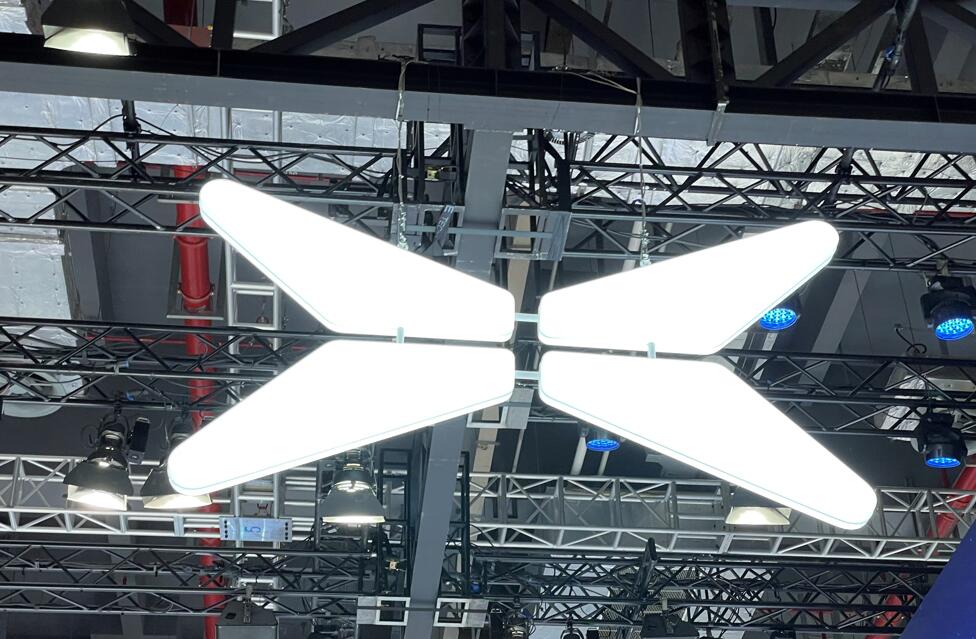Nio has not yet filed a trademark related to Metaverse, though its venture capital arm invested in an AR company in late September.
(Image credit: CnEVPost)
Facebook's name change to Meta has brought the hype about the metaverse concept to a new level. Possibly out of fear of missing out, Xpeng Motors has also applied for multiple Metaverse trademarks after its local counterpart Li Auto.
According to data provider Tianyancha, Xpeng applied for three "Xpeng Metaverse" trademarks on November 1, with international classifications for machinery and equipment, scientific instruments, and means of transportation.
The legal status of these trademarks is currently "pending".
It is worth noting that another company seems to have filed two "Xpeng Metaverse" trademarks at the end of September before Xpeng, with international classifications of means of transportation and website services respectively. The legal status of these two trademarks is currently "Pending Substantive Examination".
(The 2nd-4th are trademarks that Xpeng is applying for.)
Li Auto filed an application for registration of the "Li Auto Metaverse" trademark on September 15, which is classified as a means of transportation.
As of now, Nio has not filed a trademark related to Metaverse, although its venture capital arm, Nio Capital, led a Series C round of funding for Chinese augmented reality (AR) tech company Nreal in late September.
Nio Capital managing partner Zhu Yan said at the time that he was bullish on the application of AR/VR glasses in the automotive scene, especially the new possibilities of combining in-car entertainment.
The Metaverse can be understood as an artificial virtual space that runs parallel to the real world, connecting the virtual and the real to provide an immersive and interactive experience for users.
On the path to the Metaverse, AR/VR technically solves the problem of interacting with the virtual world and the real world.
Facebook founder and CEO Mark Zuckerberg said in late June that the company's future plans go far beyond social media to building a Metaverse.
At the end of last month, Zuckerberg further announced that Facebook would be renamed Meta to show the company's commitment in this area.
Analysts at China's Soochow Securities said in a report at the end of June that as the infrastructure to build the Metaverse matures, we are getting closer to a new phase of the Internet.
The essence of the Metaverse remains a virtual online world, and the rapid growth of the Internet and its user base provide the prerequisites for the Metaverse's realization, Soochow Securities said.
Current VR devices mainly enable users to gain an immersive experience through visual and auditory senses. In order to achieve the full simulation of human senses in the Metaverse, industry players need to further expand on the senses of touch and temperature, according to Soochow Securities.

